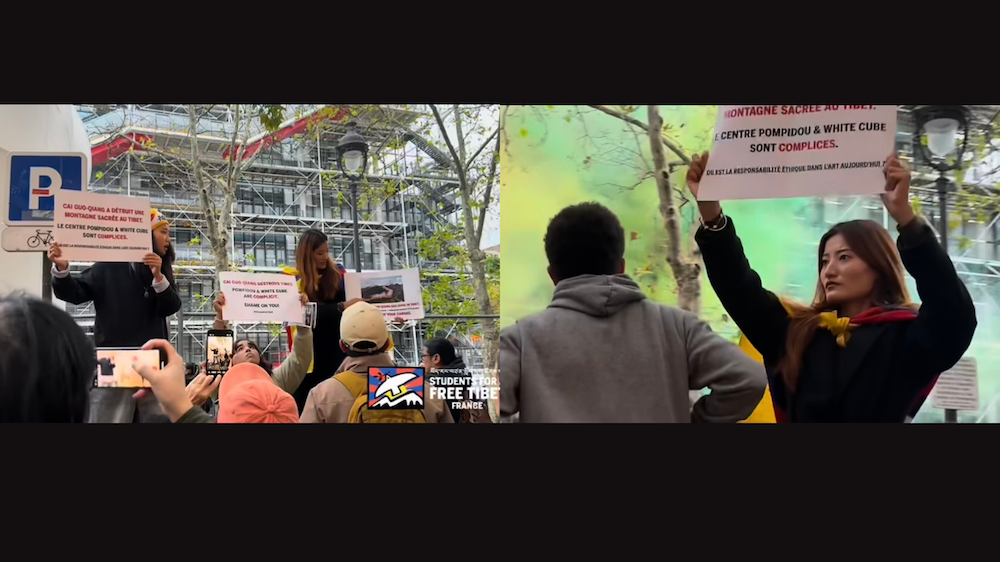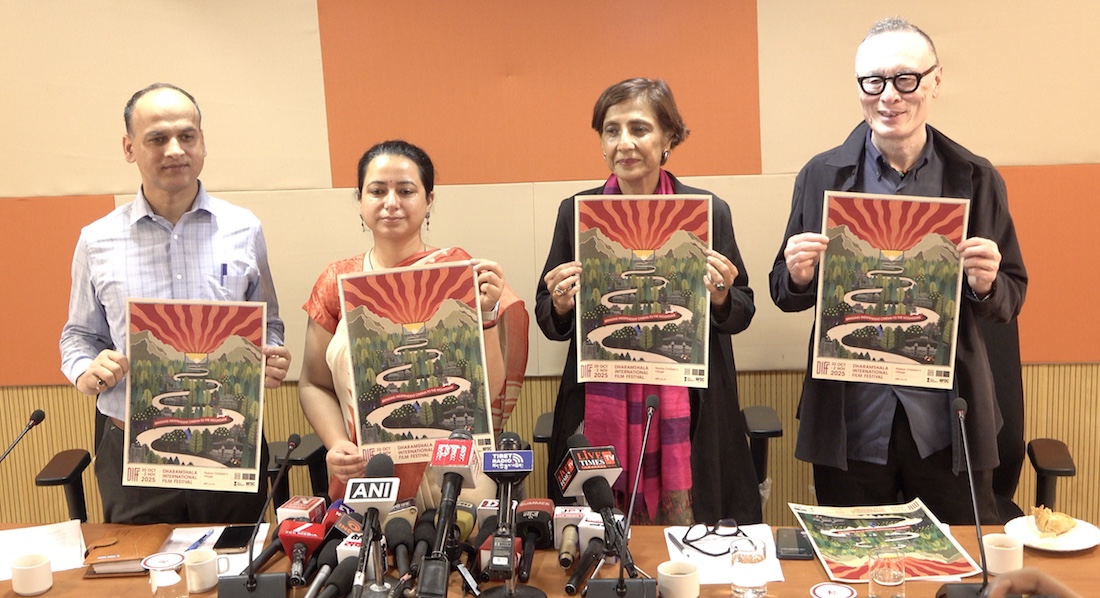By Renato Palmi, Tibet Analyst
South Africa – On the eve of International Human Rights Day (10 December) and the 14th Anniversary of the awarding the Nobel Peace Prize to the Dalai Lama of Tibet, an offer to assist in peaceful negotiations between the Tibet Government in-exile and the government of the People’s Republic of China has come from South Africa’s own Nobel Laureate, Archbishop Desmond Tutu – with a proviso.
In October 2003, this writer wrote directly to the Anglican Archbishop Emeritus of Cape Town, Desmond Tutu, asking if he would be willing to assist in facilitating a workshop of peace talks, hosted in or by South Africa, between the Tibet Government in-exile and the government of the PRC.
In his reply, His Grace, who received the Nobel Peace Prize in 1984, indicated that he, “…has always been supportive of the cause of the Tibetan people and has the deepest respect for His Holiness the Dalai Lama.” He stated, however, that he believes he is not in a position to initiate mediation between the two parties.
For South Africa to become involved, assist, facilitate or host such a meeting,” … a formal request or proposal to the South African government would have to come from either party,” he said.
The onus now falls directly on Dharamsala to engage with the South African government in this regard, and in so doing, to assure the support and assistance of internationally recognised figures like Desmond Tutu. The Dalai Lama and the Tibet government in-exile have, since 1994, viewed South Africa as a shining example of what can be achieved through genuine desire for non-violent change.
I am convinced that our comrades in Dharamsala and supporters of the worldwide cause for a free Tibet must look beyond the North for help and begin to engage in a more energetic, visible and meaningful manner with their African brothers and sisters. The people of Africa, and in particular the majority of South Africans, suffered through colonisation and during the apartheid regime as cruel and relentless a repression as is currently prevailing inside Chinese-occupied Tibet. A comprehensive, visible interaction with the both the South African government and civil society by Dharamsala will undoubtedly lead to support for an initiative to host such conciliatory talks.
In 2002, President Mbeki chaired such sessions at the Spier Estate between Israeli and Palestinian negotiators. With South Africa’s human rights-based Constitution and statements from Mr. Pahad of the South African Foreign Affairs Department that: “South Africans know from their own experience that, when there is sufficient political will on both sides of a conflict to reach a common negotiated, shared and mutually beneficial understanding, no problem is beyond resolution”, clearly indicates that it is not beyond the scope of South Africa’s diplomatic vision nor its foreign policy to implement such an initiative.
Recently, the Dalai Lama stated in Rome that: “…countries should not confront China directly on the delicate Tibet issue, but rather befriend it and then work to promote human rights and religious freedom through a trusting relationship with Beijing.” South Africa has such a relationship with the PRC. Sadly though, they have ignored the subject of Tibet. The only possible reason for this is because of the lack of engagement from Dharamsala.
The Palestinian liberation movement is, for example and by contrast, highly active, continually engaging with civil society and with the SA government – so much so that at the opening of the 2002 World Summit on Sustainability and Development, President Mbeki in his address to a 5000-strong crowd, referred to the right of the Palestinian people to their own state and their own development.
The stance of the Dalai Lama and Tibet government in-exile is such that it will cause no embarrassment to the SA government or cause a rift in its relationship with the PRC. The Tibetans are not calling for independence but only for the right to cultural self-determination. Another prominent human rights campaigner and man of the cloth, the Anglican Archbishop of Cape Town, Reverend Njongonkulu Ndungane, has acknowledged an approach in writing to assist in such a process, and his full response is eagerly awaited by South African Tibet supporters.
There is now an opportunity for Dharamsala to engage with the South, an opportunity which they should not bypass. It is clear that there is tentative support and understanding in South Africa of the Tibetan struggle, the latter being highly relevant and unique in that it is wholly non-violent. Active and sustained lobbying in South Africa should become a priority for the Tibet government in-exile’s foreign policy.
Renato Palmi can be contacted at yakshack@iafrica.com









